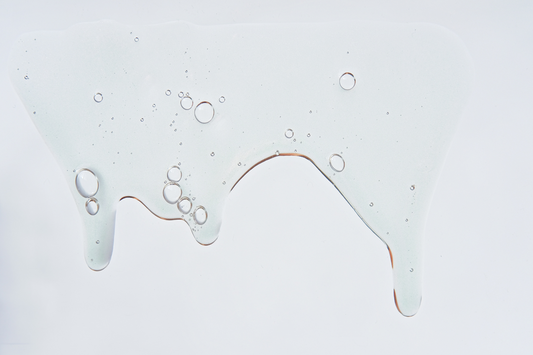If you’ve noticed extra strands in your brush or thinning patches in the mirror, you’re not alone. Hair loss is one of the most common beauty and health concerns for both men and women. And the big question on everyone’s mind is: can hair loss be reversed?
The answer isn’t one-size-fits-all—it depends on the type of hair loss, the underlying cause, and how quickly you act. Let’s break it down.
The Cause
Before asking “can hair loss be reversed?”, it’s important to know what’s causing it. Common types include:
- Androgenetic Alopecia (pattern baldness): The most common form, influenced by genetics and hormones.
- Telogen Effluvium: Temporary shedding often triggered by stress, postpartum changes, illness, or nutrient deficiencies.
- Alopecia Areata: An autoimmune condition where the immune system attacks hair follicles.
- Traction Alopecia: Caused by tight hairstyles that pull on the scalp over time.
Each type responds differently to treatment—some are reversible, others can only be slowed or managed.
Can Hair Loss Be Reversed Naturally?
For many people, yes—some forms of hair loss can be reversed if the root cause is addressed. Here’s what may help:
- Nutrient Support: Deficiencies in iron, zinc, vitamin D, or biotin can trigger shedding. Supplements or a nutrient-rich diet can restore growth.
- Collagen & Protein: Collagen peptides and amino acids support follicle strength and scalp health.
- Stress Management: Chronic stress disrupts the hair growth cycle. Relaxation practices and better sleep can help reduce shedding.
- Gentle Hair Care: Avoid harsh chemicals, tight hairstyles, and heat tools that weaken strands.
For postpartum moms or those recovering from illness, hair loss is often temporary and growth resumes within months once the body is balanced.
Medical Treatments That May Reverse Hair Loss
If lifestyle changes alone aren’t enough, dermatologists may recommend:
- Topical Minoxidil (Rogaine): Helps stimulate regrowth and slow shedding.
- Prescription Treatments: Finasteride (for men), hormone therapy, or other medications depending on cause.
- PRP Therapy: Platelet-rich plasma injections use your own blood to stimulate hair follicles.
- Hair Transplant Surgery: A permanent option for advanced cases of pattern baldness.
When Hair Loss Can’t Be Fully Reversed
Some conditions—like advanced genetic hair loss—cannot be completely reversed, but treatments can slow progression and improve density. The key is acting early. Once follicles shrink beyond repair, regrowth is unlikely.
Final Takeaway
So, can hair loss be reversed? The honest answer: sometimes, depending on the cause. Temporary shedding can often be fixed, but genetic thinning is harder to fully reverse—though it can be slowed and improved with the right approach.
✨ Bottom line: The earlier you address hair loss with nutrition, lifestyle changes, and treatment, the better your chances of seeing results.



